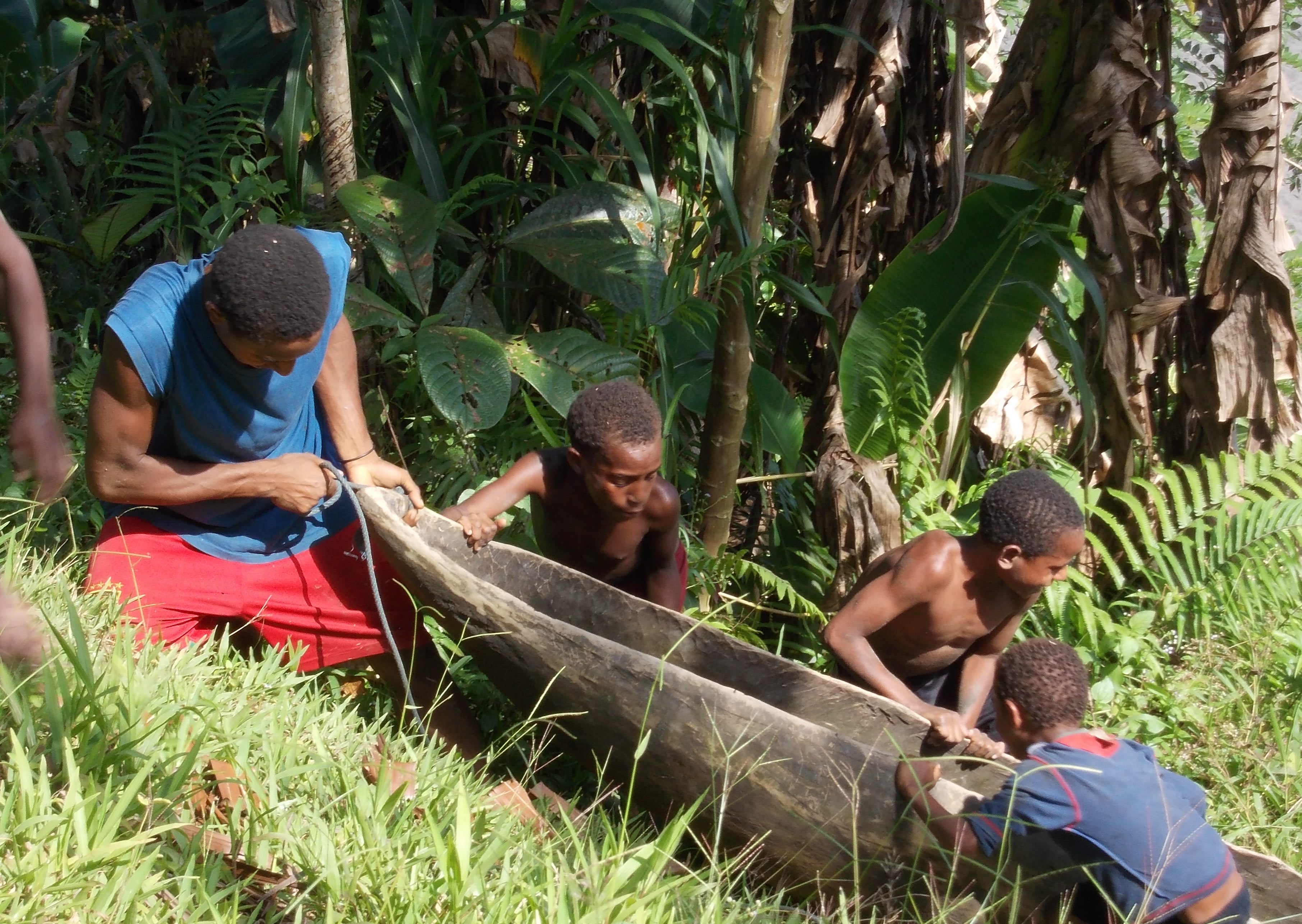Seeing like an anthropologist

Monica Minnegal has turned watching the lives of others into a career
Published 14 March 2018
Episode 25
Anthropologist Monica Minnegal has spent her career observing “the extraordinary things that people do”, with much of her work dedicated to learning more about the Kubo people in Papua New Guinea.
A community in the last uncontrolled part of the country, the Kubo are now encountering the West through mining companies and navigating the many cultural and social changes that brings.
Episode recorded: February 23 2018
Producers: Dr Andi Horvath, Chris Hatzis and Silvi Vann-Wall Audio engineer and editor: Chris Hatzis
Banner image: Supplied
Subscribe to Eavesdrop on Experts through iTunes.

